


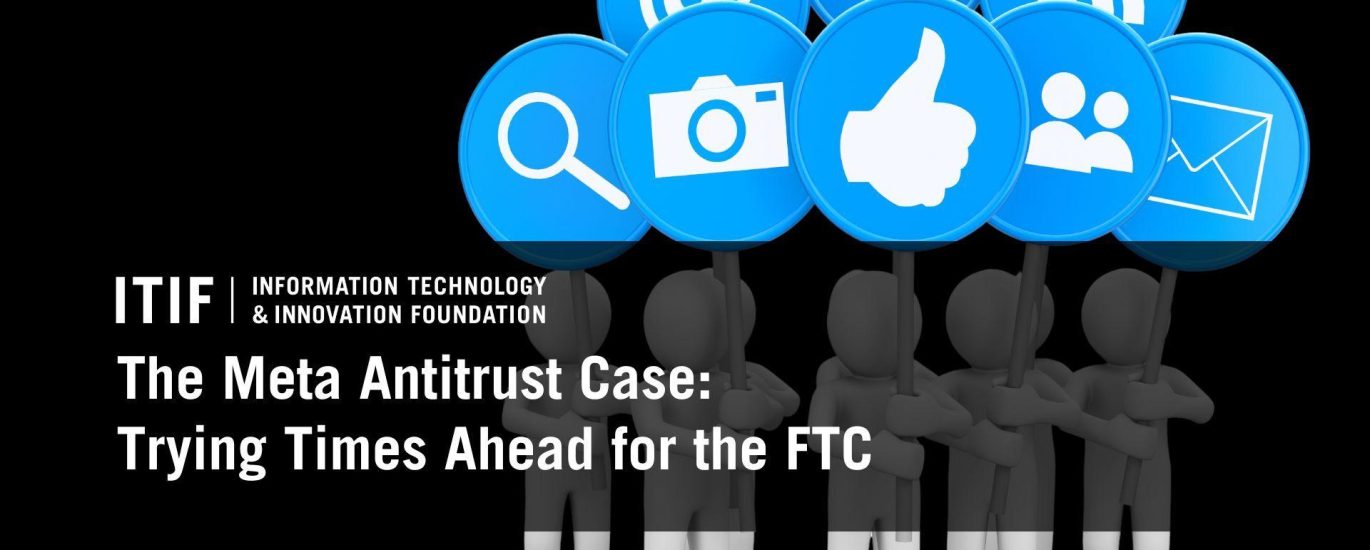
As the legal landscape continues to evolve in the age of digital dominance, all eyes are on the upcoming trial that pits the Federal Trade Commission (FTC) against one of the tech giants of our time—Meta. Scheduled to commence this week, the antitrust case promises to dissect the intricate web of market practices and competitive strategies that have defined Meta’s journey from a college social network to a global powerhouse. This pivotal moment not only raises questions about the future of big tech regulation but also illuminates the broader implications for consumer choice and innovation. As the courtroom prepares to host a battle of titans, the stakes are high: will this case set a precedent for how tech companies operate, or will it signal the continuation of their unchecked expansion? Join us as we delve into the details of the case, the arguments at play, and what this trial could meen for the future of the tech industry.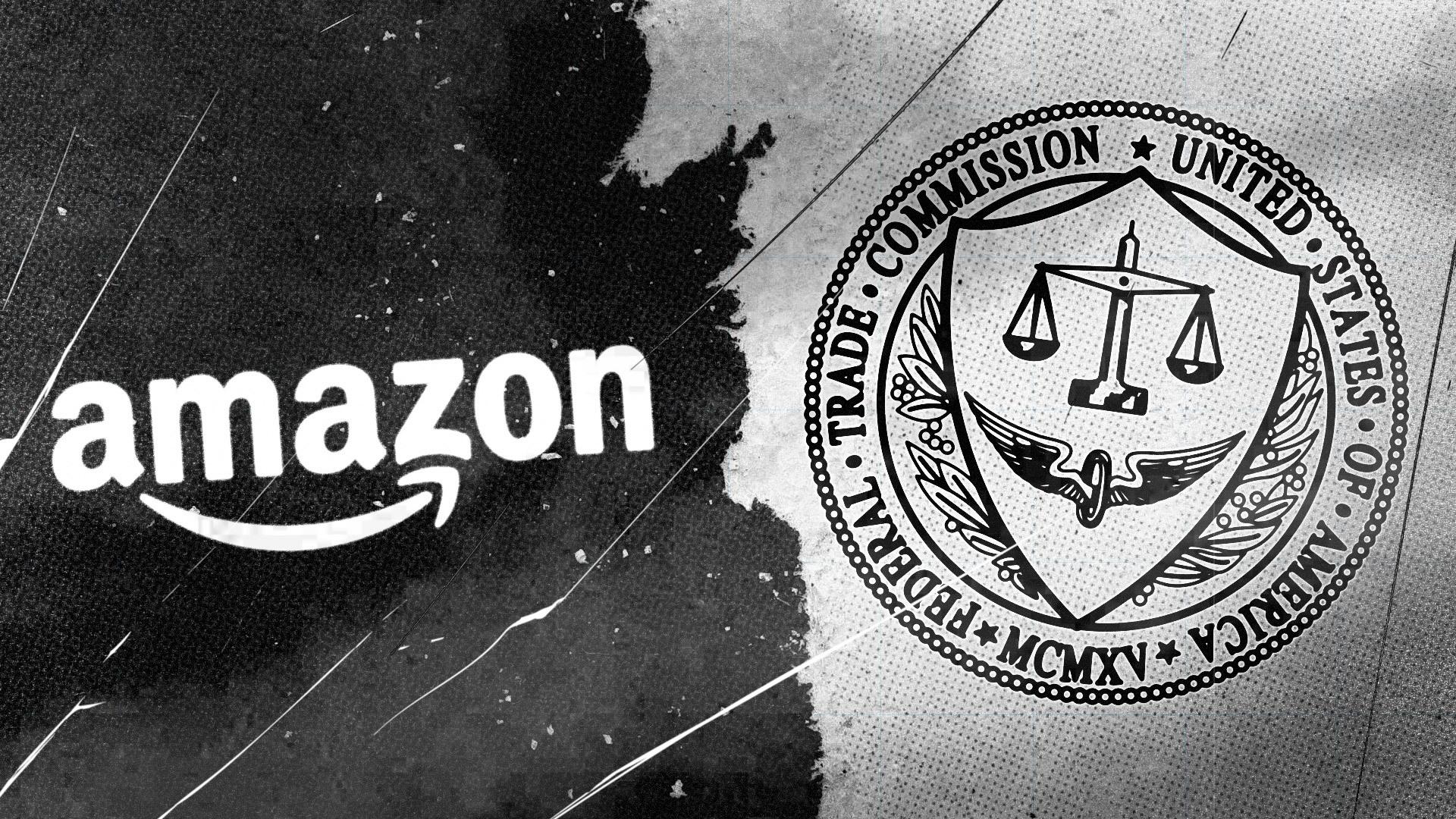
The ongoing Federal Trade Commission (FTC) antitrust case against Meta, the parent company of Facebook, Instagram, and WhatsApp, has significant ramifications for its business operations and the tech industry at large. Central to the FTC’s argument is the allegation that Meta has engaged in anti-competitive behavior by acquiring potential rival firms, thus stifling competition and innovation.The case serves as a critical point of examination for market dominance in the digital age, raising pressing questions about the ethical responsibilities of tech giants in maintaining an open marketplace.
As the trial unfolds, several key factors will determine the outcome and potential implications for meta, including:
Depending on the trial’s verdict, meta could face numerous consequences that may reshape its business strategies:
| Potential Outcomes | implications for Meta |
|---|---|
| Divestitures | Forced sale of acquired companies may change operational strategies. |
| Increased Regulation | Stricter compliance measures could raise operational costs. |
| Reputational Damage | Negative public perception could influence user and advertiser trust. |
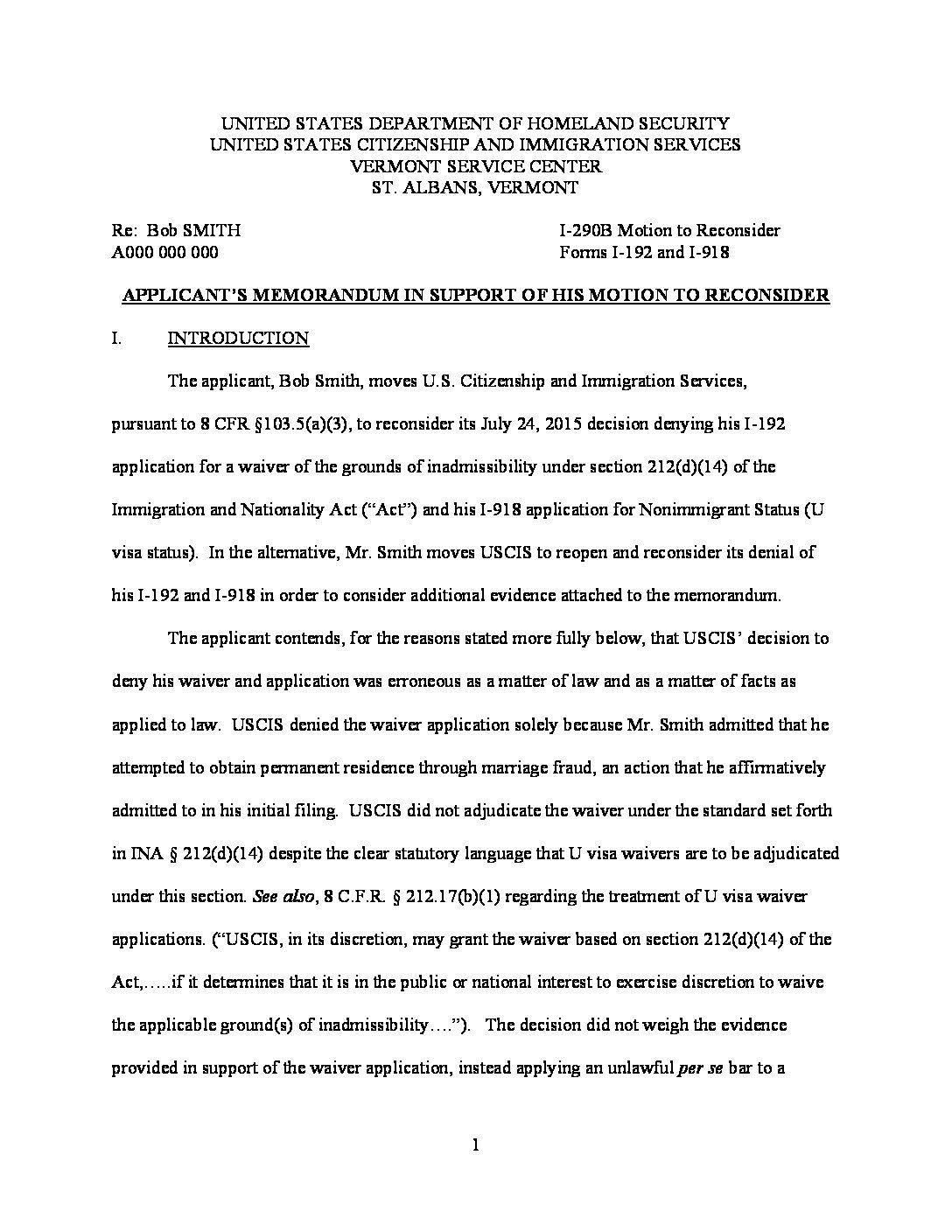
The forthcoming trial will hinge on several pivotal legal arguments that the Federal Trade commission (FTC) aims to present against meta. Central to the FTC’s case is the assertion that Meta has engaged in anti-competitive practices that stifle innovation and limit consumer choice in the tech marketplace. The agency plans to frame Meta’s acquisitions, notably of Instagram and WhatsApp, as strategic moves to eliminate potential rivals rather than to foster growth or enhance user experiance. Key to this argument will be the evidence showcasing a timeline of Meta’s market activities, including:
On the defense side, Meta is expected to argue that its acquisitions were well within the bounds of legal practice and that they significantly benefited consumers by enhancing product offerings and integrating services. As part of this strategy, meta will likely present a counter-case featuring:
| Defense Argument | Supporting Evidence |
|---|---|
| Innovation through Acquisition | Data showing increased product features and user engagement post-acquisition. |
| Consumer Benefit | Surveys demonstrating user satisfaction with integrated Meta services. |
| Market Dynamics | An analysis of competitive landscape indicating the presence of choice social media platforms. |
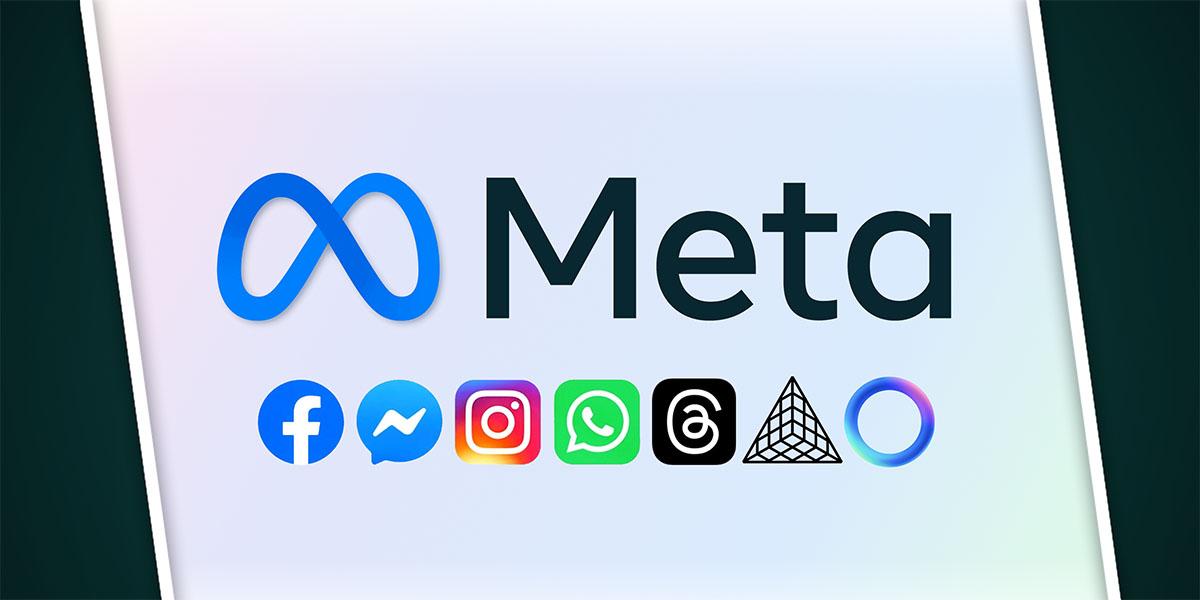
The ongoing antitrust case against Meta is poised to set significant precedents that could reverberate throughout the tech industry. As regulators scrutinize Meta’s business practices,other tech giants may find themselves under increased surveillance,prompting a broader reevaluation of their own market strategies. Potential consequences could include:
Additionally, this case could impact innovation within the industry. If major players are constricted by regulatory demands, the drive towards groundbreaking technologies may dwindle. Startups, conversely, might find new opportunities as larger firms become less agile, leading to a shift in market dynamics. The long-term effects of these changes could be illustrated in the table below:
| Impact Area | Potential Effect |
|---|---|
| Investment in R&D | Decrease due to risk aversion |
| Startup ecosystem | Growth through innovation |
| Mergers & Acquisitions | Stagnation or slowdown |
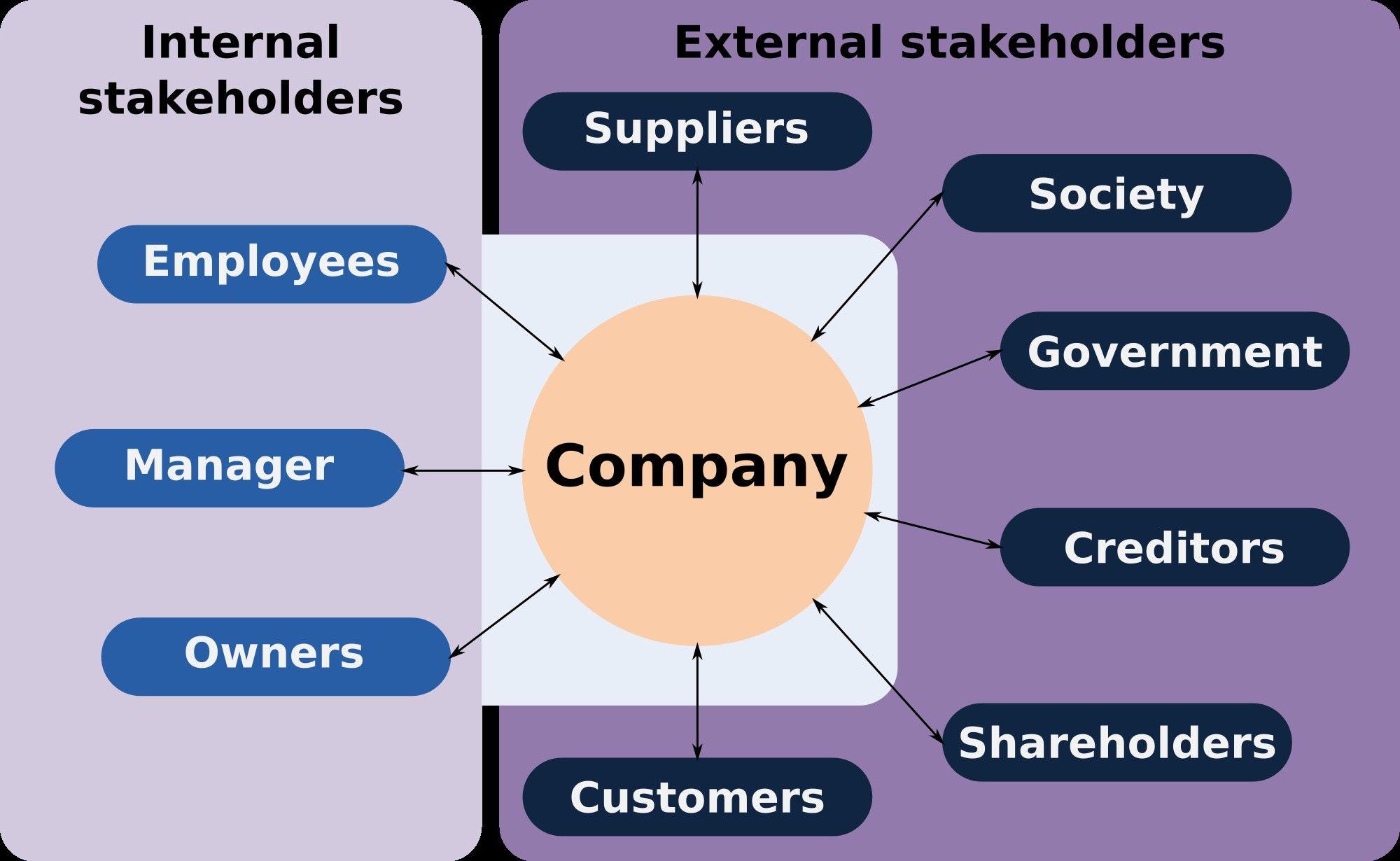
Considering the recent developments from the trial, it is crucial for stakeholders to navigate the evolving legal landscape with strategic foresight. Stakeholders should prioritize engaging in proactive dialog with regulatory authorities to better understand the implications of the case. Companies should also consider reviewing their competitive strategies and assessing how they might align with current antitrust guidelines. Emphasizing transparency and compliance will help mitigate potential legal risks. Here are key areas to focus on:
Additionally, stakeholders should remain alert to further changes in public sentiment and market dynamics stemming from this high-profile case. Preparing for evolving consumer demands and potential shifts in industry standards is essential. To facilitate this, stakeholders can consider forming contingency plans that account for various outcomes of the trial, including:
| Possible Outcome | Recommended Action |
|---|---|
| Stricter Regulations | Revise company policies to ensure compliance and limit antitrust exposure. |
| Business Model Disruption | Explore alternative strategies to maintain market competitiveness. |
| Enhanced Consumer Concerns | Increase transparency in business operations to build trust. |
As the curtain rises on this pivotal antitrust case against Meta, the stakes could not be higher. With the trial set to unfold in the coming days, industry observers, legal experts, and consumers alike are poised to witness a significant chapter in the ongoing debate over corporate power and competition in the tech landscape. The outcome may not only reshape the future of Meta but could also set critically important precedents for how we regulate technology giants in an increasingly digital world. As we await the court’s decisions, one thing remains clear: the conversation around fairness, innovation, and consumer choice in the tech sector is far from over.Stay tuned as we follow this landmark trial and its implications for both the industry and the everyday users who navigate it.